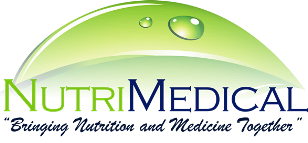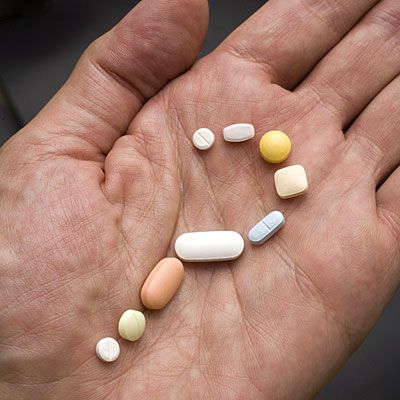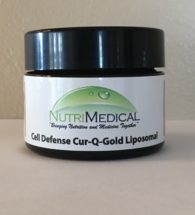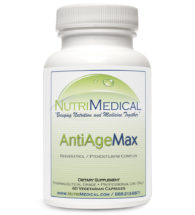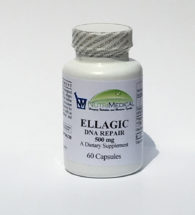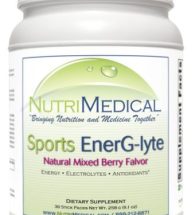A growing body of research is focusing on the role of systemic inflammation in a large multitude of illnesses. This series will focus on the varied roles that inflammation can play in affecting one’s health. To begin that series, we will look at the relation between inflammation between it and depression and potentially other mental health issues. Then, we will look at some nutritional supplements shown to reduce systemic inflammation and, more specifically, some research linking them to improvements in mental health.
New Research On Depression
A new landmark metastudy has shown what many scientists have been saying for decades; there is no link between serotonin and depression. [1] This research debunks the old line of thought that a chemical imbalance is the cause of depression. As such, the use of SSRI’s (selective serotonin reuptake inhibitors) in treating depression is facing heavy criticism. Defenders of SSRI’s are claiming that regardless of the method of action, SSRI’s help some patients who ‘need them’, so their value should be judged by their positive impact. Of course, SSRIs are clearly not without their potentially serious adverse effects. [2][3] Which are already overprescribed based on the previous clinical literature. [4] The most charitable interpretation of the use of the SSRIs, might look at the instances in which they are having a positive impact and ask how that is the case, given the original hypothesis behind SSRIs is without evidence.
Inflammation and Depression
One promising theory regarding how SSRIs might work for some patients is their potent anti-inflammatory properties. [5] This connection would be unsurprising given the profound and growing literature tying systemic inflammation to depression and other mood disorders. [6] In fact, there is a burgeoning field of medicine known as immuno-psychiatry, which looks at the cause and effect relationship between the immune system’s inflammatory response and mood disorders. [7] For instance, it has been shown that general anti-inflammatories (NSAIDs) significantly curb symptoms of major depression. [9] Now, given the established connection between inflammation and depression and this being a likely reason as to how SSRIs can work, it would make sense for us to try to reduce inflammation without all of the negative side effects associated with SSRIs, or even NSAIDs.
Nutraceuticals That Can Help
Omega-3’s have strong anti-inflammatory effects and benefits for mood disorders like depression. [10]
Curcumin, another powerful anti-inflammatory, has also shown an effect on depressive
symptoms. [11]
.
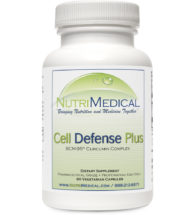
CELL DEFENSE PLUS
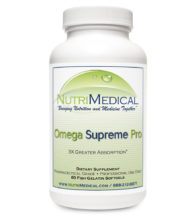
OMEGA SUPREME PRO
Quercetin and resveratrol are two current superstars of the nutritional research world for their
effects on inflammation, and both are showing real promise with their impact on brain and mood
disorders.[12][13][14][15]
.
Additionally, Vitamin D, C and B vitamins are of primary importance regarding
mood and depressive symptoms. [16][17][18]
.
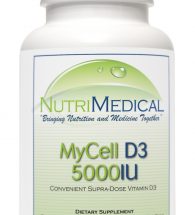
MY CELL D3 5000 180 softgels
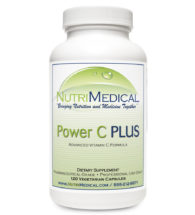
POWER C PLUS
And unlike SSRIs and NSAIDs, the potential side effects are far, far less with these natural
supplements.
In part two, we will examine the role of inflammation with regard to chronic fatigue and cognitive function.
_______________________________________________________________________________
Citations:
No evidence that depression is linked to serotonin.
[1] https://www.sciencedaily.com/releases/2022/07/220720080145.htm
Adverse side effects of SSRI’s.
[2]https://www.scientificamerican.com/article/the-hidden-harm-of-antidepressants
[3]https://adaa.org/sites/default/files/New%20Concerns%20Emerge%20About%20LongTerm%20Antidepressant%20Use.pdf
[4]https://link.springer.com/book/10.1007/978-3-030-82587-4
SSRIs fight depression via anti-inflammatory properties.
[5]https://pubmed.ncbi.nlm.nih.gov/22251606
Inflammation and depression.
[6]https://www.ncbi.nlm.nih.gov/pmc/articles/PMC6658985
Immunopsychiatry.
[7]https://pubmed.ncbi.nlm.nih.gov/28418288
[8]https://www.sciencedirect.com/science/article/pii/S2666354621001174
NSAIDs curb major depression symptoms.
[9]https://www.bmj.com/company/newsroom/anti-inflammatory-agents-can-effectively-andsafely-curb-major-depressive-symptoms
Omega’s and depression.
[10]https://www.ncbi.nlm.nih.gov/pmc/articles/PMC5481805
Curcumin.
[11]https://www.sciencedirect.com/science/article/abs/pii/S1525861016306752
Quercetin and Resveratrol.
[12]https://www.ncbi.nlm.nih.gov/pmc/articles/PMC6978986#:~:text=Taken%20together%2C%20our%20study%20revealed,in%20the%20hippocampus%20and%20PFC
[13]https://www.news-medical.net/news/20190729/Resveratrol-shows-promise-for-anxiety-anddepression.aspx
[14]https://www.hindawi.com/journals/ecam/2020/4892415
[15]https://www.mdpi.com/2076-3417/11/15/7116/htm
Vitamin D and C.
[16]https://www.ncbi.nlm.nih.gov/pmc/articles/PMC6970300
[17]https://www.mayoclinic.org/healthy-lifestyle/nutrition-and-healthy-eating/expert-answers/benefits-vitamin-c/faq-20058271#:~:text=The%20link%20between%20vitamin%20C,after%20they%20received%20vitamin%20C
[18] https://www.mayoclinic.org/diseases-conditions/depression/expert-answers/vitamin-b12-and-depression/faq-20058077#:~:text=Vitamin%20B%2D12%20and%20other,may%20be%20linked%20to%20depression
